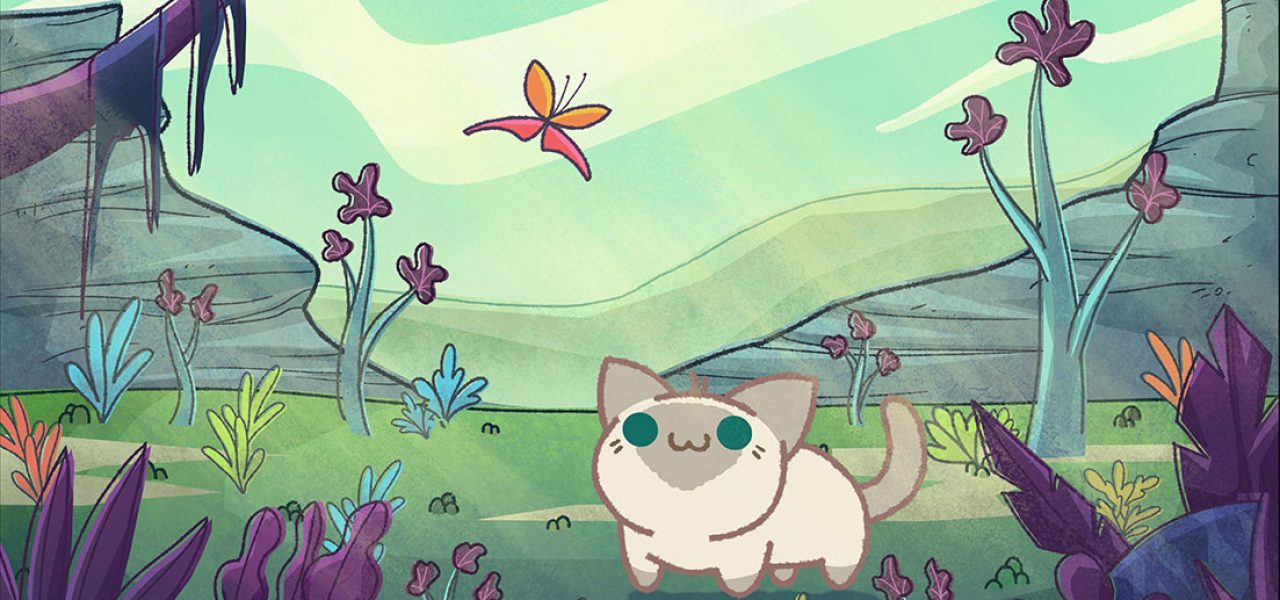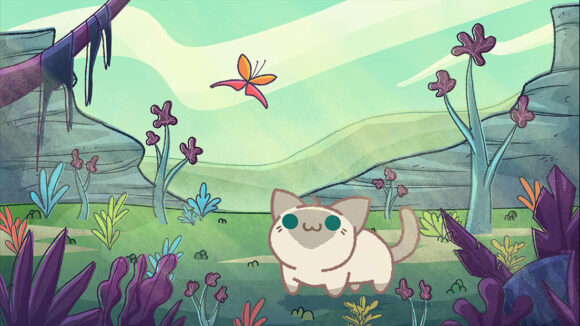

Kleptocats Creators Turned Their Hit Mobile Game Into A Popular Web Series By Trusting Their Animators
Mexico’s Pixelatl Festival, taking place this week in Cuernavaca, has bolstered the country’s up-and-coming animation industry talent, and become a breeding ground for some of Latin America’s most exciting animated projects. One such project is the web series Kleptocats, born of an original concept from Mexico City-based mobile game creator Hyperbeard Games.

Hyperbeard’s co-founder and director, Antonio Uribe, first started to develop a concept for a Kleptocats web series before last year’s Pixelatl, where he had initially planned to pitch it to networks. Instead, he met Thalia Machuca of Platypus Animation, a studio based out of Guadalajara. She was immediately interested in his idea for a series, and so Uribe started to consider having Hyperbeard fund the project, and therefore retain sole ownership of the IP.
“Luckily our games were doing okay, so we had some spare money that we wanted to [use to] experiment [with] other things, so animation [seemed like] something interesting to do,” says Uribe.
Instead of taking the plunge to greenlight a whole series right off the bat, however, Uribe asked Machuca’s team to produce just one short to start. Hyperbeard was so impressed with the result that they then ordered an additional five episodes, the last of which will premiere tomorrow at Pixelatl, and will be on HyperBeard’s Youtube channel some time next week.
From the beginning, Uribe took a hands-off approach when it came to the production of the series. He says he would send Machuca a rough script for an episode, supplemented by a Skype conversation that involved a lot of acting. Often, he would avoid watching a new episode until it was essentially completed, to avoid being “spoiled.”

“The first thing I said was, ‘I don’t know anything about animation or production in reality.’ So why [would] I push my perspective on them if they are the ones that know what they’re doing?” explains Uribe of his mindset.
He told the artists at Platypus, “I know my IP, I know my game, I know [what our fans] will like to see, other than that, you are the guys that know what you are doing.”
Machuca says that she greatly appreciated the creative freedom the project afforded Platypus. “It was really cool because we had to develop the universe. Sometimes we were like, ‘We have this proposal,’ and we showed them, and they were like, ‘Whatever you please.’ The storyboard department has freedom to add some things, and then the animators have this freedom as well. It’s pretty cool, actually, to have this trust. I think we work pretty great together.”
None of this would have been possible without the breakout success of the original game, which has been downloaded over 1 million times from the Google Play Store, and has since spawned a sequel, Klep2cats, as well as a spin-off, Kleptodogs.
Hyperbeard has also launched a line of Kleptocats toys with Funko, and a book willl be published by Scholastic in early 2019. The web series, Uribe says, is part of a larger plan to expand the Kleptocats brand, and he hasn’t completely abandoned the idea of getting distribution through a network or streamer.
“It is important when we show the series at events or to people that want to do something with the brand,” he says. “It’s a bigger impact, because they see it as something more robust instead of just a mobile game.”
Uribe says the team at Hyperbeard doesn’t really pay attention to comments on Youtube or on the app stores–he calls it “noise”–but Machuca has enjoyed keeping up with fan response, which has been plenty. The pilot episode, for example, has reached almost 800k views on Youtube.
“I really like the comments on Youtube,” she says. “There is one guy that is always asking, ‘Please, please, please make an episode of my favorite cat.’”

.png)